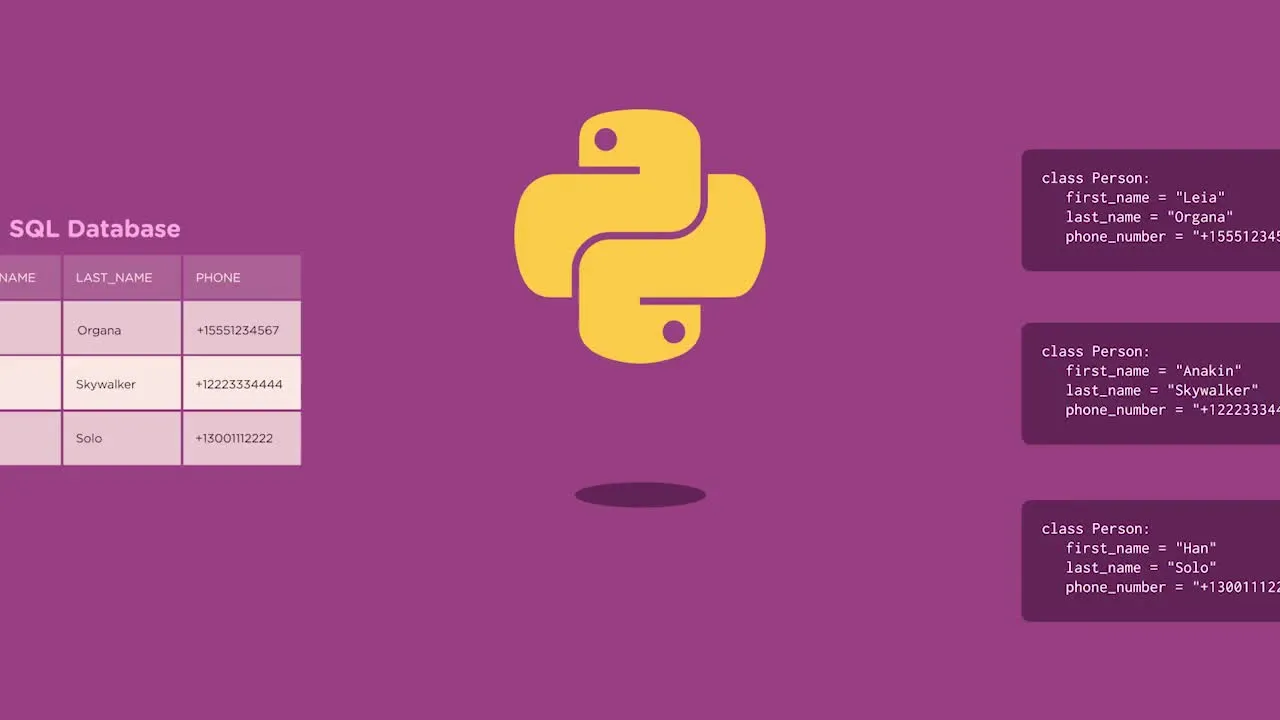
AZ-900 Microsoft Azure Fundamentals 
This comprehensive Microsoft Azure Fundamentals course (AZ-900) provides an in-depth overview of the cloud platform, making it an ideal starting point for anyone looking to gain a better understanding of Azure. ▼
ADVERTISEMENT
Course Feature
![]() Cost:
Cost:
Free
![]() Provider:
Provider:
Udemy
![]() Certificate:
Certificate:
No Information
![]() Language:
Language:
English
![]() Start Date:
Start Date:
On-Demand
Course Overview
❗The content presented here is sourced directly from Udemy platform. For comprehensive course details, including enrollment information, simply click on the 'Go to class' link on our website.
Updated in [March 06th, 2023]
The AZ-900 Microsoft Azure Fundamentals course is designed to provide learners with an understanding of the core services and capabilities of Microsoft Azure. This course is ideal for those who are new to the cloud and want to learn the basics of Microsoft Azure. Learners will gain an understanding of the core services and capabilities of Microsoft Azure, including virtual machines, storage, networking, and security. They will also learn how to use the Azure Portal to manage their Azure resources. By the end of the course, learners will have the knowledge and skills to use Microsoft Azure to build and deploy cloud-based applications.
[Applications]
After completing this course, learners can apply their knowledge of Microsoft Azure fundamentals to their day-to-day work. They can use the knowledge gained to create and manage Azure resources, understand the core Azure services, and use Azure tools to manage and monitor their cloud solutions. Learners can also use the knowledge gained to prepare for the AZ-900 Microsoft Azure Fundamentals certification exam.
[Career Paths]
1. Cloud Solutions Architect: Cloud Solutions Architects are responsible for designing, developing, and managing cloud-based solutions. They must have a deep understanding of cloud computing technologies, such as Microsoft Azure, and be able to develop and implement cloud-based solutions that meet the needs of their organization. As cloud computing continues to grow in popularity, the demand for Cloud Solutions Architects is expected to increase.
2. Cloud Security Engineer: Cloud Security Engineers are responsible for ensuring the security of cloud-based systems and applications. They must have a deep understanding of cloud security technologies and be able to develop and implement security measures that protect the organization’s data and systems. As cloud computing continues to grow in popularity, the demand for Cloud Security Engineers is expected to increase.
3. Cloud Developer: Cloud Developers are responsible for developing cloud-based applications and services. They must have a deep understanding of cloud computing technologies, such as Microsoft Azure, and be able to develop and implement cloud-based solutions that meet the needs of their organization. As cloud computing continues to grow in popularity, the demand for Cloud Developers is expected to increase.
4. Cloud Database Administrator: Cloud Database Administrators are responsible for managing and maintaining cloud-based databases. They must have a deep understanding of cloud computing technologies, such as Microsoft Azure, and be able to develop and implement cloud-based solutions that meet the needs of their organization. As cloud computing continues to grow in popularity, the demand for Cloud Database Administrators is expected to increase.
[Education Paths]
1. Bachelor of Science in Computer Science: This degree path provides students with a comprehensive understanding of computer science fundamentals, including programming, software engineering, and computer architecture. It also covers topics such as artificial intelligence, machine learning, and data science. This degree path is ideal for those who want to pursue a career in software development, data science, or computer engineering. The demand for computer science professionals is growing rapidly, and this degree path is a great way to stay ahead of the curve.
2. Bachelor of Science in Information Technology: This degree path focuses on the application of technology to solve business problems. It covers topics such as systems analysis, database management, network security, and web development. This degree path is ideal for those who want to pursue a career in IT management, software engineering, or web development. With the increasing demand for IT professionals, this degree path is a great way to stay ahead of the competition.
3. Master of Science in Computer Science: This degree path provides students with an advanced understanding of computer science fundamentals, including programming, software engineering, and computer architecture. It also covers topics such as artificial intelligence, machine learning, and data science. This degree path is ideal for those who want to pursue a career in research, software development, or data science. With the increasing demand for computer science professionals, this degree path is a great way to stay ahead of the competition.
4. Master of Science in Information Technology: This degree path focuses on the application of technology to solve business problems. It covers topics such as systems analysis, database management, network security, and web development. This degree path is ideal for those who want to pursue a career in IT management, software engineering, or web development. With the increasing demand for IT professionals, this degree path is a great way to stay ahead of the competition.
Pros & Cons

Clear introduction to Azure services

Comprehensive tutorial

Good videos and explanation

Good for starting Azure journey

Provides resources and templates

Subtitles not matching video

No proper introduction to Azure

Speed needs to be controlled

Concepts just touched and moved on

Course is old and topics not covered
Course Provider

Provider Udemy's Stats at AZClass
Discussion and Reviews
0.0 (Based on 0 reviews)
Explore Similar Online Courses

SQLAlchemy Basics Course

Instagram Hashtags Basics For Beginners

Python for Informatics: Exploring Information

Social Network Analysis

Introduction to Systematic Review and Meta-Analysis

The Analytics Edge

DCO042 - Python For Informatics

Causal Diagrams: Draw Your Assumptions Before Your Conclusions

Whole genome sequencing of bacterial genomes - tools and applications

Microsoft Azure Online Data Engineering Training

Cloud Developer using Microsoft Azure


Start your review of AZ-900 Microsoft Azure Fundamentals